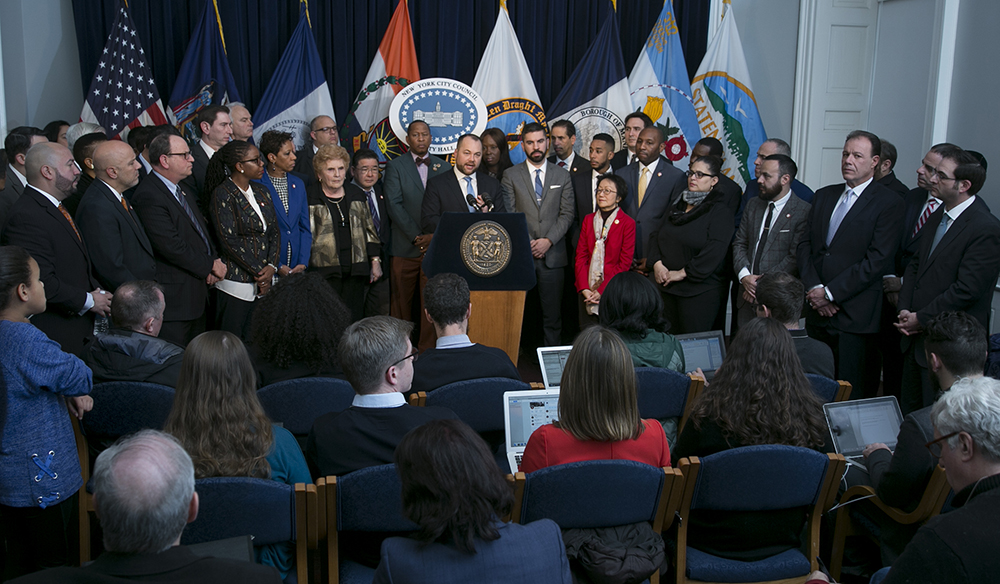|
Getting your Trinity Audio player ready...
|
By: Mario Mancini
The City Council appears poised to give the green light to the majority, if not all, of the controversial budget cuts proposed by Mayor Eric Adams, as indicated by the recently unveiled 2024 financial plan from City Hall. This plan has stirred significant debate, outlining reductions in the police department’s budget and slashing funding for schools, cultural institutions, and libraries.
The NY Post had the scoop on the controversial budget cut drama.
Mayor Adams attributes these proposed cuts to the escalating costs associated with housing migrants in the city.
Former Brooklyn Councilman Sal Albanese expressed strong disapproval of the proposed cuts, urging the Council to stand firm against them. Albanese raised concerns that the Council might choose to take a passive approach, doing nothing and laying blame on the mayor for the cuts. He appealed to the Council to demonstrate greater resolve and questioned whether council members were safeguarding their legislative grants, known as “member items,” which fund specific programs in their respective districts.
Despite Council leaders publicly expressing their dissatisfaction with the proposed cuts, the specific strategy they plan to employ remains unclear. The City Council, along with Mayor Adams, celebrated the approval of the $107 billion city budget on June 30. However, in a surprising turn of events, Adams, in September, directed city agencies to prepare for spending cuts of 5%, with the possibility of a total reduction of 15% by spring, citing the mounting expenses related to migrants.
In addition to the challenges posed by migrant costs, the city is grappling with the loss of federal pandemic funds and the financial commitments stemming from labor contracts and pay raises for the workforce. Council Majority Leader Keith Powers voiced his concerns about the potential impact of these reductions on essential services, emphasizing the need for elected officials across political spectrums to urgently seek assistance from federal and state partners.
Powers highlighted that the Council has yet to deliberate on a specific course of action, announcing that an oversight hearing on the budget trims and the escalating costs associated with migrants is scheduled post-Thanksgiving. Councilman Justin Brannan, chairman of the finance committee, underscored the importance of receiving support from federal and state partners, stressing that New York City cannot be expected to navigate the international migrant crisis independently.
Despite the urgency of the fiscal challenges, the Council faces a dilemma, anticipating substantial multi-billion-dollar budget gaps in the years to come. Andrew Rein, president of the Citizens Budget Commission, emphasized the imperative for the Council to address the issue proactively rather than exacerbate it.
While Mayor Adams’ spending reduction plan is set to be presented to the City Council in the coming week, critics, including budget analyst Nicole Gelinas, argue that the crisis could be mitigated by cutting costs associated with migrants instead of essential services. This ongoing debate brings to light broader questions about the city’s fiscal prudence, the allocation of resources, and the complex challenges posed by the influx of migrants.





